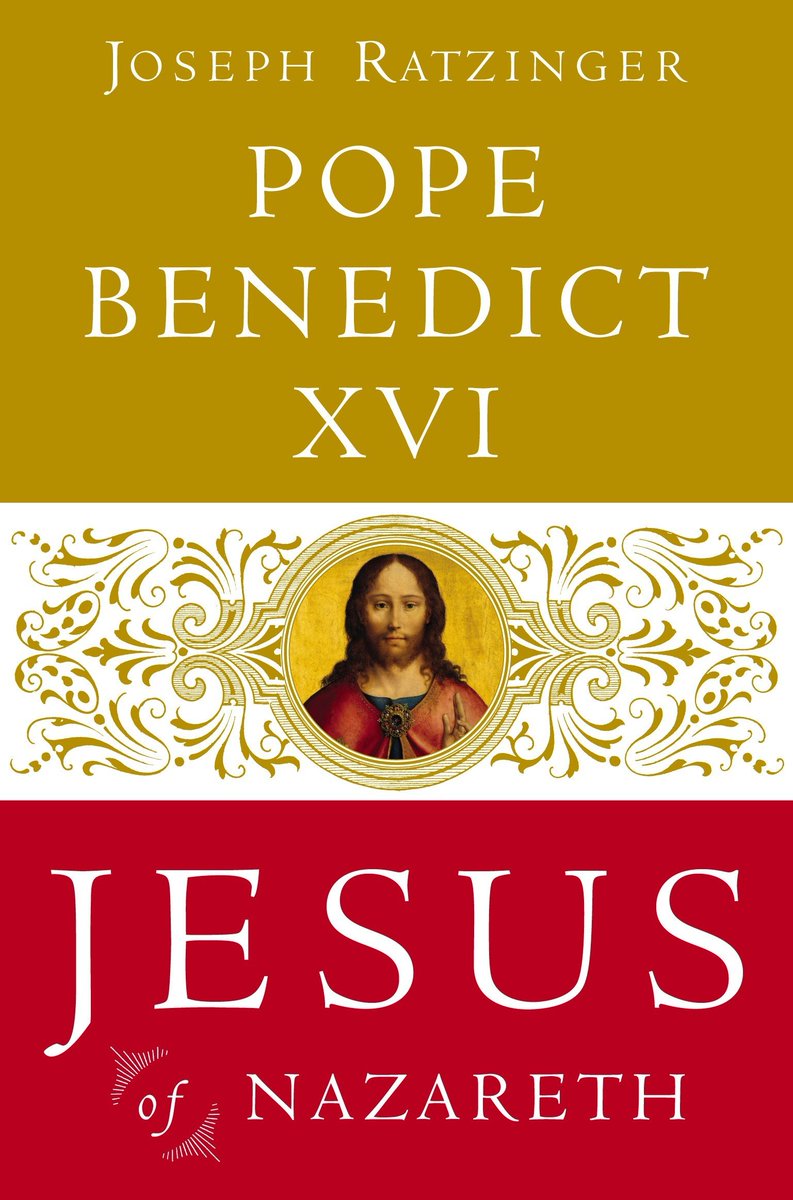
Gospel: Today on the #Presentation of the Lord, we read about the Child Jesus being brought to the Temple and the utterances of Simeon and Anna (Lk 2). But at the end of the reading comes something important: the few lines about the "Hidden Life..." 

"[T]hey returned to Galilee, to their own town of Nazareth. The child grew and became strong, filled with wisdom; and the favor of God was upon him." Other than Jesus being found in the Temple at age 12, this is all that is written about his life before his public ministry...
So we know little about Jesus's life between his birth and 12, and then between age 12 to 30. What we do know is that he was a "tekton," like Joseph. A word that is variously translated as carpenter, craftsman, woodworker, construction worker or day laborer....
Jesus's life in those years was, as John Meier said in "A Marginal Jew," "insufferably ordinary," which is probably one reason the Gospel writers don't focus on it. Also, they were more interested in his public ministry. Still, the Hidden Years are essential for understanding...
Jesus as fully human and fully divine. Here the emphasis is on fully human.
• • •
Missing some Tweet in this thread? You can try to
force a refresh










